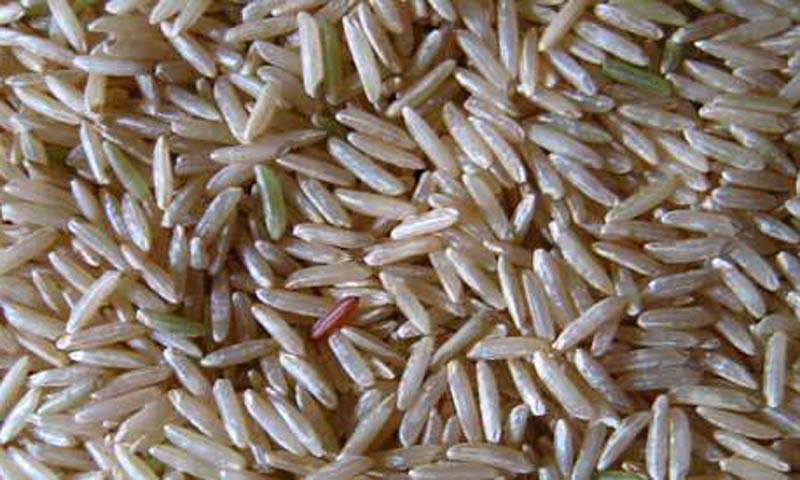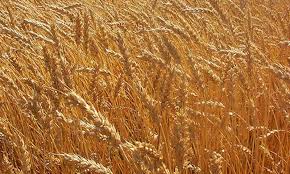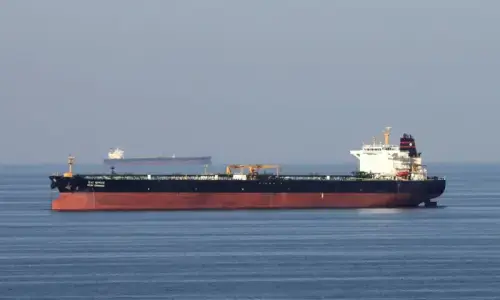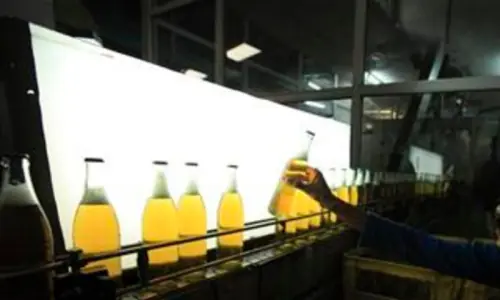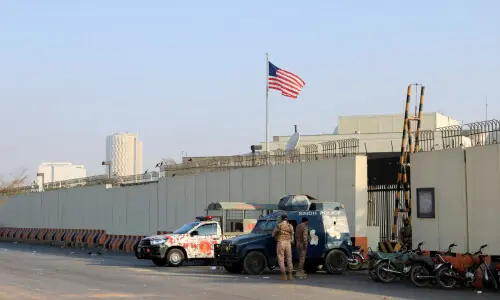Prices of wheat are on the rise despite imports of 377,000 tonnes during the last seven months ending January this year, chiefly due to fears about crop output size and smuggling to Afghanistan.
Against the target of 25 million tonnes, latest estimates of SUPARCO indicate total wheat output this year would be just 23.84 million tonnes.
Other estimates also show production would not reach the targeted level. Wheat and wheat flour demand is rising in Afghanistan and Pakistan has emerged as key major supplier due to Kazakhstan’s absence from that market.
Pakistan and Kazakhstan together meet more than 60pc of the Afghan requirement of wheat, says a KP-based flour-miller, adding that when supplies from one country is down the other’s naturally increases.
During the current marketing year, Afghanistan is set to import two million tonnes of wheat. Kazakhstan, facing wheat shortage at home, is not making big supplies. So, traders foresee larger wheat exports to Kabul on arrival of new crop, subject to government’s policy.
“Some flour millers of Balochistan and KP sell illegally to Afghanistan a part of subsidised wheat quotas they get from provincial food departments,” according to an official of Sindh Food Department.
“And a few millers in Punjab and Sindh are selling subsidised wheat in the open market at higher rates, exploiting the shortage”, he added.
During February, prices of rice varieties either remained flat, after rising for several consecutive months, or showed little movement.
“The reason is, exports of non-Basmati rice slumped during January due to cheaper sales by India and ongoing rice rout (a reference to price crash after huge inventory selling by Thailand),” a leading commodity dealer in Karachi told Dawn. Pakistan shipped out 297,000 tonnes of non-Basmati rice in January 2014, against 429,000 tonnes in January 2013.
Major exporters and companies producing popular local brands had bought hundreds of thousands of tonnes of rice between October-January 2013-14.
Market sources say a slump in exports in January reduced their buying requirements in February, keeping the prices flat.
Former Vice chairman of Rice Exporters Association of Pakistan Mr. Abdul Baseer says higher prices of Pakistani non-Basmati rice varieties have led to loss of several markets to Indian exporters.
Traders say high costs of farming and processing keep prices from falling despite recent fall in exports volumes and amid a seven million tonnes plus rice production this year.
Sugar prices remained stable in February on growing supplies from mills despite entry of state-run Trading Corporation of Pakistan for buffer-building purchases.
One TCP-tender in the first week of February for buying up to 75,000 tonnes generated bids for supply of 236,000 tonnes, a reflection of strong supply lines. Sugar output this year is projected to reach 5.2 million tonnes, from less than five million tonnes in the last year.
Top sugar dealers say that as the government refused to allow fresh sugar exports, in mid-February, wholesale prices went down slightly. But the reason why this didn’t trickle down fully to retail level was that the market still expected that sugar lobby well-penetrated in the power corridors would convince the government to review this decision.
The Economic Coordination Committee refused permission for fresh sugar exports on the ground that some sugar mills had still not exhausted previous export quotas.
The ECC held that the estimated surplus of 667,000 tonnes would be helpful in stabilising prices at times of shortages and recommended state buying of half a million tonnes for this purpose.
Prices of gram and gram pulse showed a rising trend during February. Traders cite rising cost of transportation from Punjab to wholesale markets in Punjab.
For the year 2013-14, the government had set gram production target at 650,000 tonnes against 673,000 tonnes, a year earlier. But field reports reaching provincial agricultural departments suggest actual output may fall behind the target. Traders say this too has affected prices.
Tea prices somewhat eased in February, reflecting the downward trend in global markets and also due to flooding of smuggled tea into domestic markets.
A leading producer of famous brand also cut prices to exhaust its stocks as the mercury level began rising.
Company officials say they did this also because loose tea prices were falling due to availability of large amounts of smuggled tea. 1kg tea pack of this particular brand was selling for Rs580 in February, down from Rs620 in January.
Prices of poultry meat also witnessed a dip, particularly in Karachi and other parts of Sindh where early departure of winter has depressed its demand.

